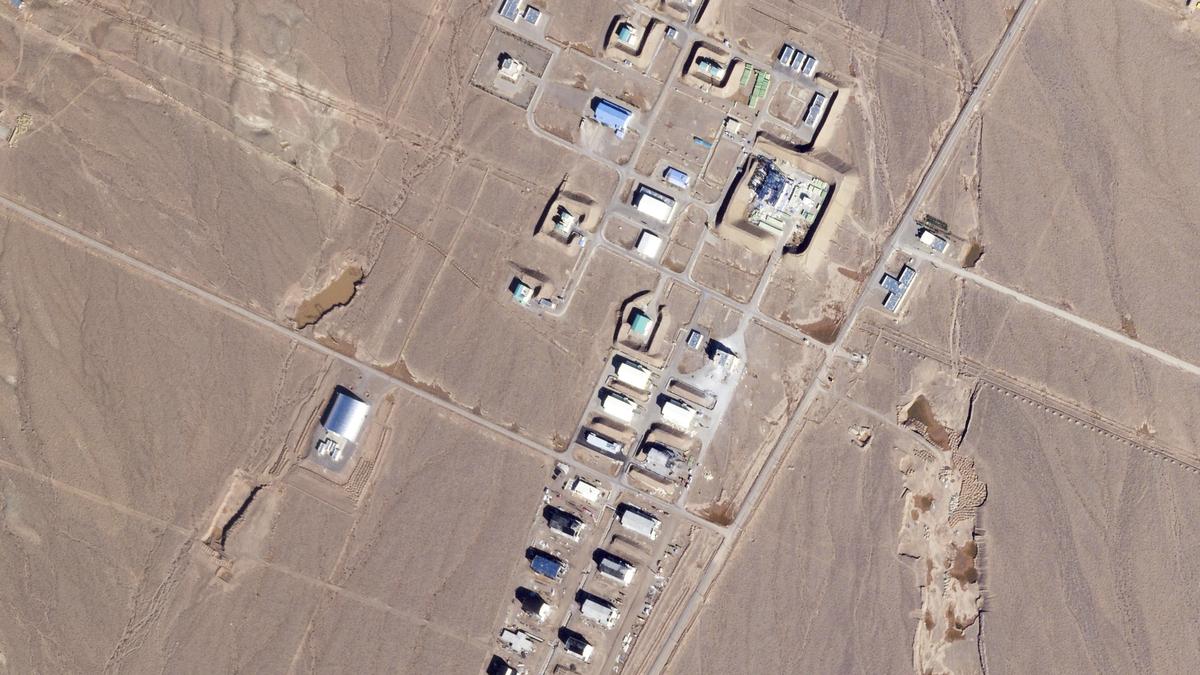 |
|
The recent escalation of tensions between Iran and Israel continues to dominate headlines, with both countries trading accusations and military actions. Following Israeli airstrikes targeting Iranian military facilities last week, Iran has asserted that its missile production remains unaffected. This claim, while disputed by Israel, highlights the ongoing strategic conflict between the two nations, fueled by a complex history of mistrust and competing regional interests.
The Israeli strikes, launched on October 27, 2024, were a direct response to a missile attack on Israeli territory earlier that month. Tehran claimed the attack was retaliation for the killing of Iranian-backed militant leaders and a Revolutionary Guards commander. However, Israel viewed it as a significant escalation, prompting its military response aimed at deterring further Iranian aggression and undermining its missile capabilities. The effectiveness of these strikes is a subject of debate, with Israel highlighting the damage inflicted on Iran's defense infrastructure while Tehran minimizes the impact, emphasizing the continued operation of its missile production.
Beyond the immediate military confrontation, the current conflict underscores the wider geopolitical context. Both Iran and Israel are regional powers with ambitious agendas and competing interests. The rivalry extends beyond military capabilities to include economic and political influence. Iran's pursuit of nuclear technology, its support for regional militias, and its perceived threat to Israel's security have fueled a long-standing tension. Israel, in turn, has conducted covert operations and military actions against Iranian targets, seeking to limit Tehran's regional influence and prevent the development of nuclear weapons. This cycle of escalation and retaliation has created a volatile situation with the potential for broader regional instability.
The international community is closely monitoring the situation, concerned about the potential for a full-blown conflict. While the United States and its allies have imposed sanctions on Iran and condemned its missile program, they have also sought to avoid direct military intervention. European powers have also called for de-escalation, emphasizing the need for diplomatic solutions to resolve the underlying issues driving the conflict. However, the current rhetoric and actions suggest a continued stalemate, with both sides unwilling to back down from their stated positions.
The future trajectory of the Iran-Israel conflict remains uncertain. The potential for further escalation remains high, as both sides continue to prioritize their national security interests. The current situation underscores the need for diplomacy, communication, and a renewed focus on finding common ground. Without a change in approach, the ongoing conflict could destabilize the region and have far-reaching consequences for international security.
Source: Iran says missile production unaffected by Israel strikes
